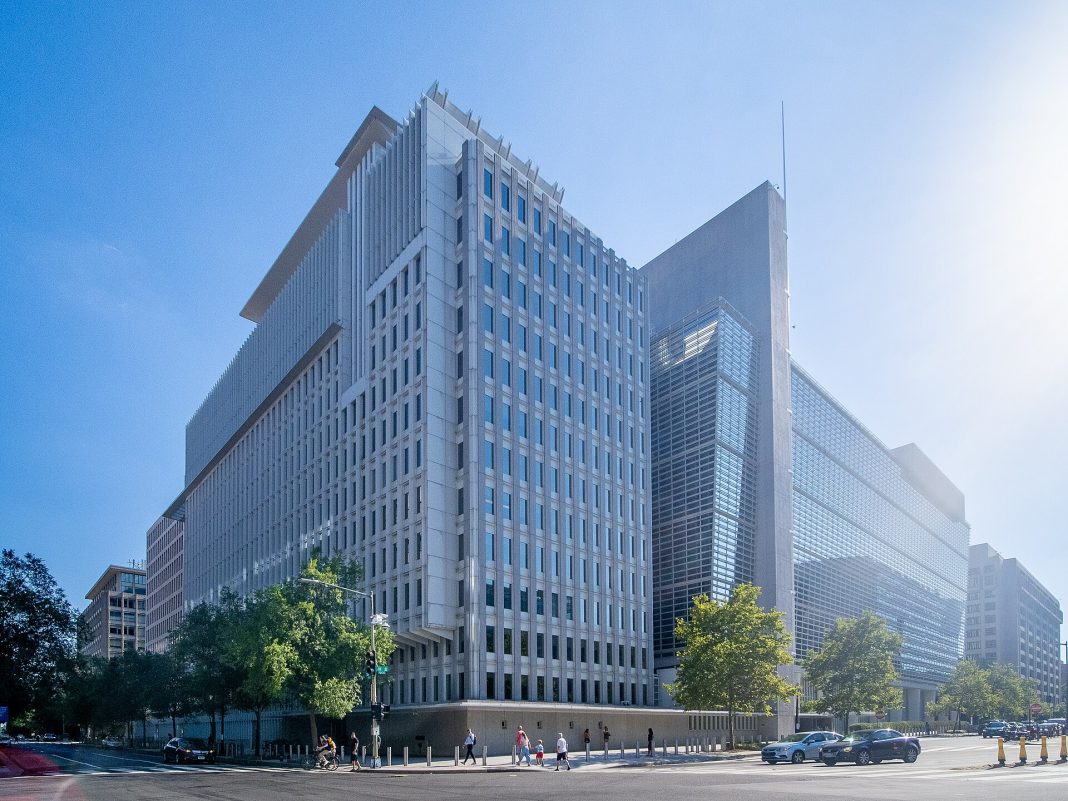WASHINGTON: World Bank President Ajay Banga has announced the agency’s withdrawal of the World Bank’s longtime veto on nuclear energy funding. The said pronouncement was sent as a directive to staff, calling it “real progress toward delivering electricity as a driver of development.”
A new era for nuclear in development financing
According to a recent Reuters report, the act is part of a bigger agenda to address the increasing electricity requirements of emerging economies, where power demands are projected to double by 2035.
The modification follows what Banga designated as a “constructive” board dialogue, with board members arriving at a compromise on the inclusion of nuclear energy. Under the current strategy, the bank will work meticulously with the International Atomic Energy Agency (IAEA) to guarantee that all endeavours meet stringent international benchmarks for security and non-proliferation. The policy covers supporting life extensions for current apparatuses, grid advancements, and the positioning of small modular reactors (SMRs).
Gas projects still in limbo amid board divisions
While nuclear has gained support, the discussion over whether to continue financing ambitious natural gas ventures remains unsettled. Some countries, principally Germany, France, and the UK, remain vigilant about consenting to fresh investments in gas infrastructure, alluding to climate apprehensions. On the contrary, the U.S., the bank’s major stakeholder, has pushed for larger energy decisions and possibilities, including gas, as a component of its enduring support for conventional fuel sources.
The World Bank will remain supportive of gas infrastructures in progress and consequent projects, such as conduits and distribution systems, but only when associated with national development objectives and where renewables are not workable options. However, earlier investments, those involving extraction and production, have been taken off the agenda for now.
Balancing development goals with climate action
Banga, who began serving as president in June 2023, has endorsed an “all of the above” energy slant. The reviewed policy intends to provide emerging economies flexibility in selecting their energy mix, whether it be renewables, nuclear, or natural gas, based on their precise economic and geographic circumstances.
“We must be pragmatic,” Banga stressed. The bank also reiterated its promise to gradually eliminate coal, backing up carbon capture technologies for industrial and power segments, and guaranteeing fresh investments don’t weaken advancement on renewable energy.
Climate activists warn that revived support for nuclear and gas could divert subsidies from clean energy upgrading and climate flexibility. “Net zero does not mean fossil fuel free,” said Barbados Prime Minister Mia Mottley during the latest consultations, underscoring the role of natural gas as a provisional fuel.
The program update demonstrates a calculated balancing act for the World Bank, striving to push development while addressing global environmental strains.

